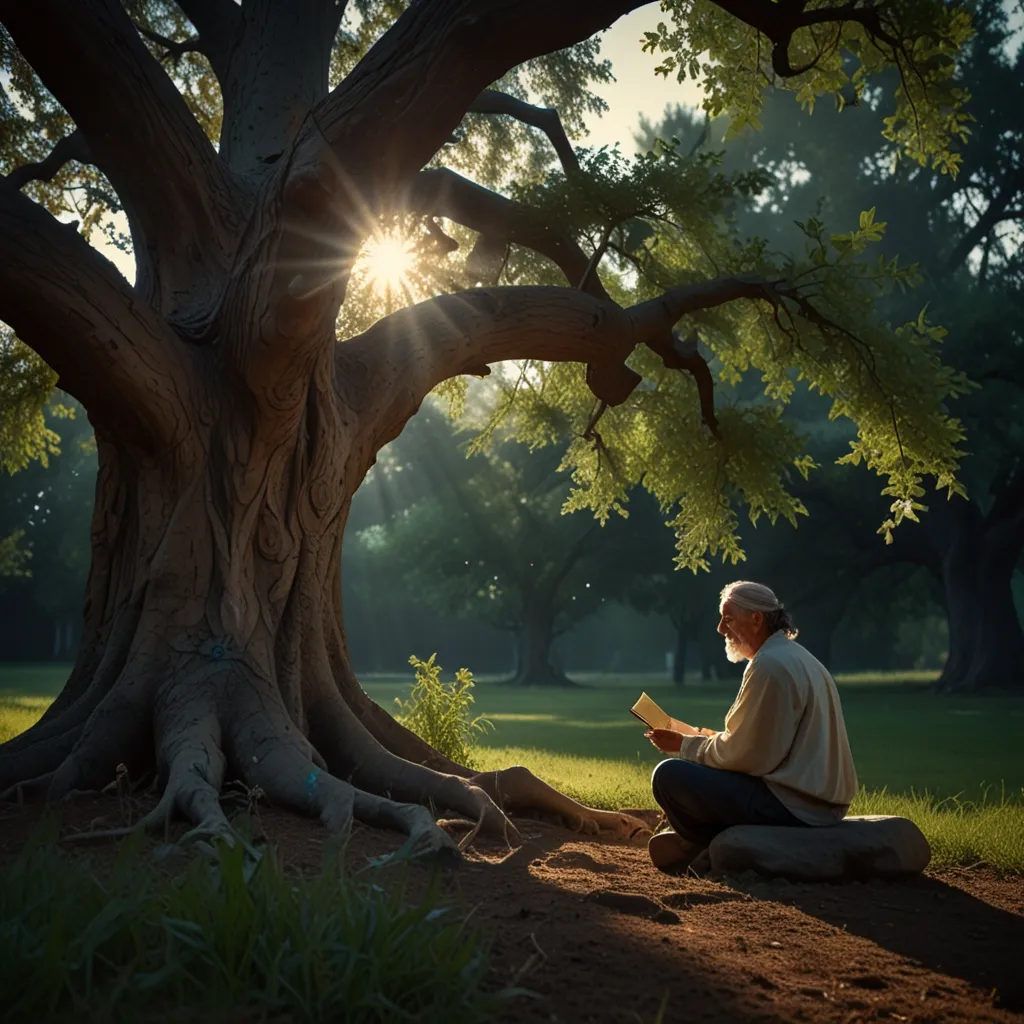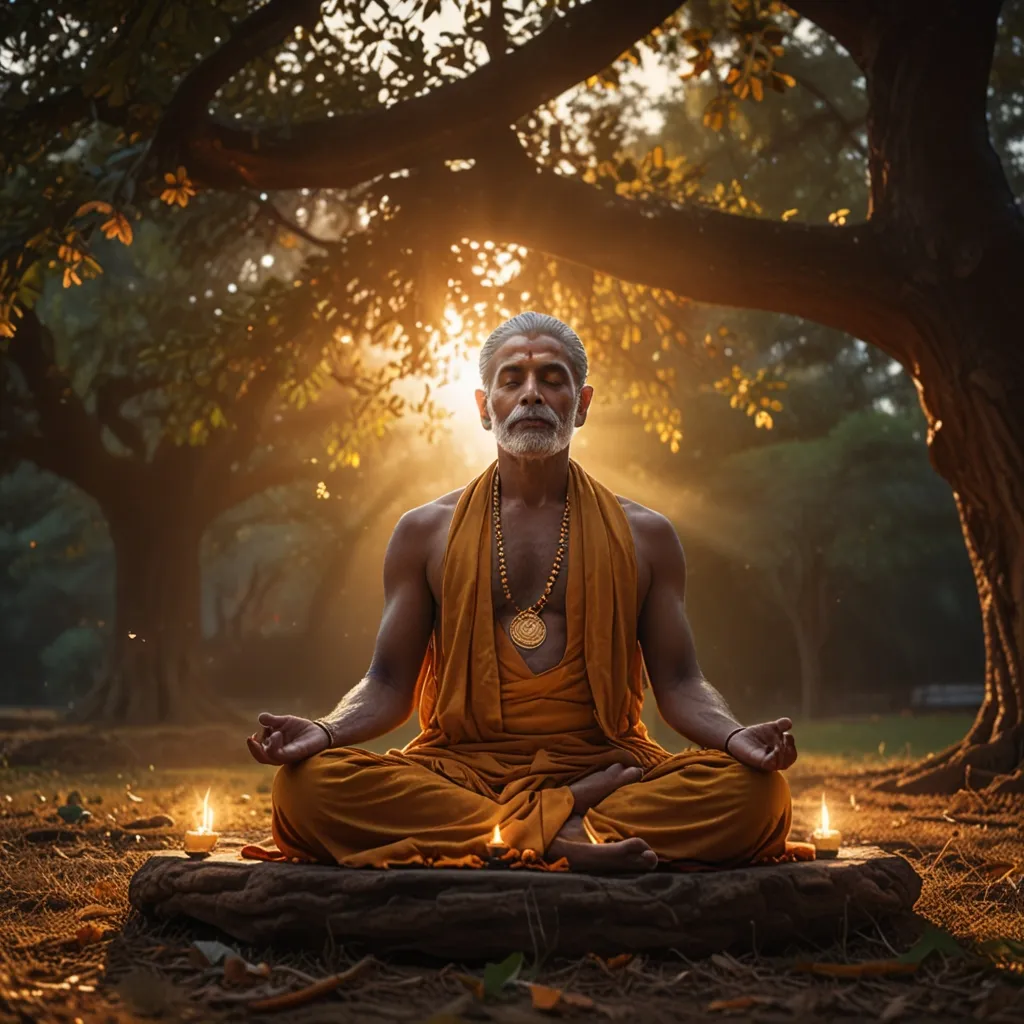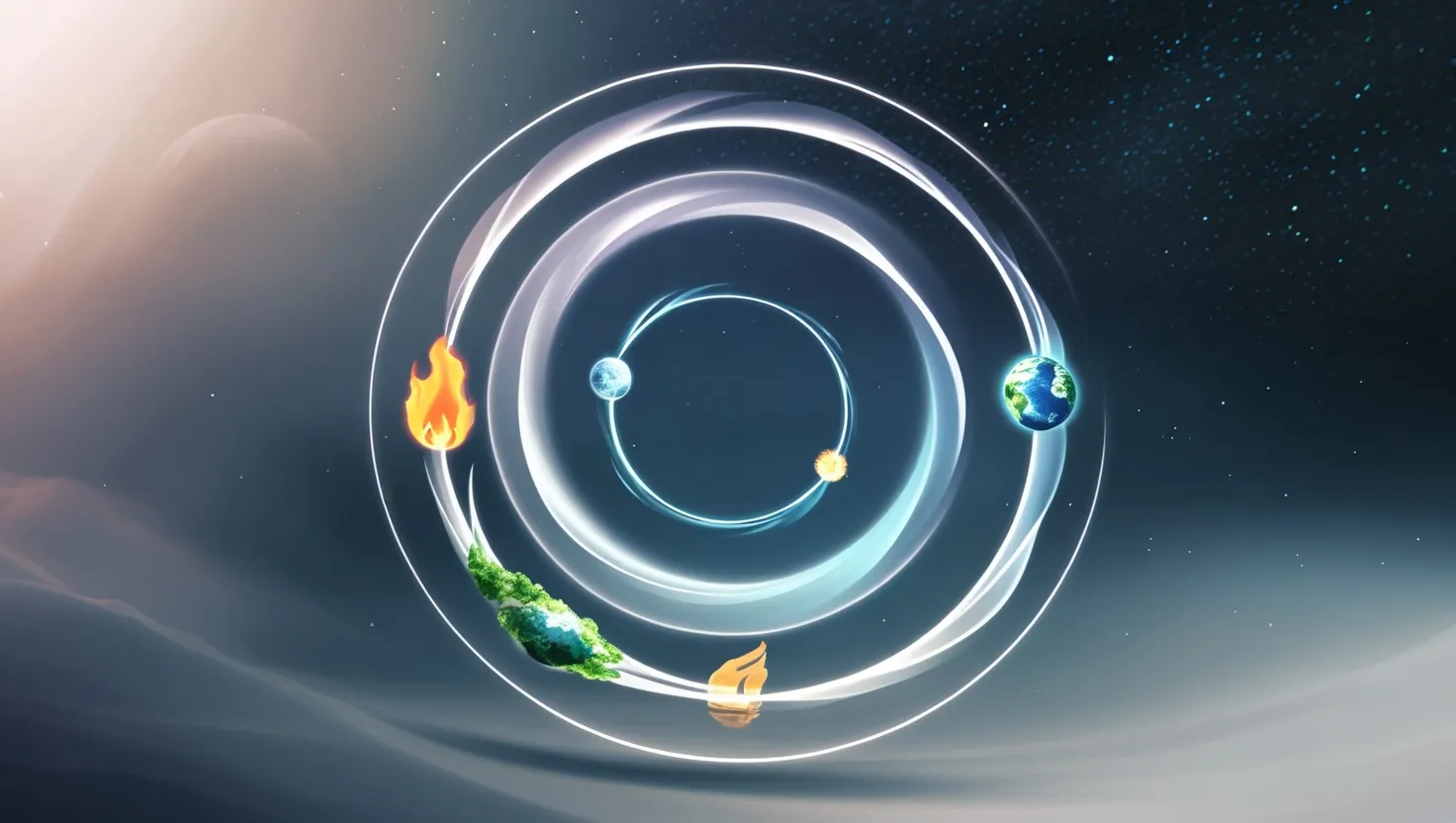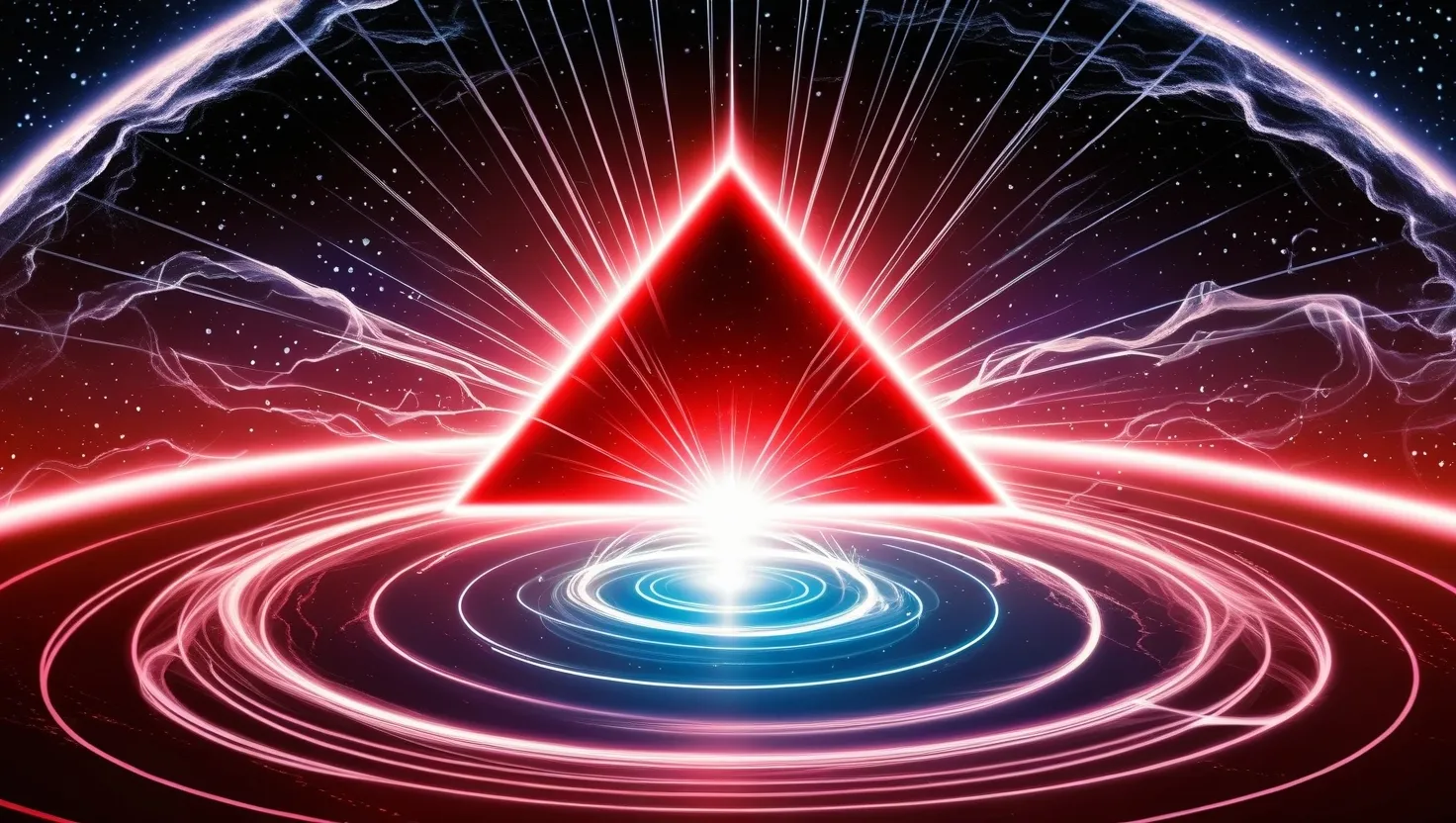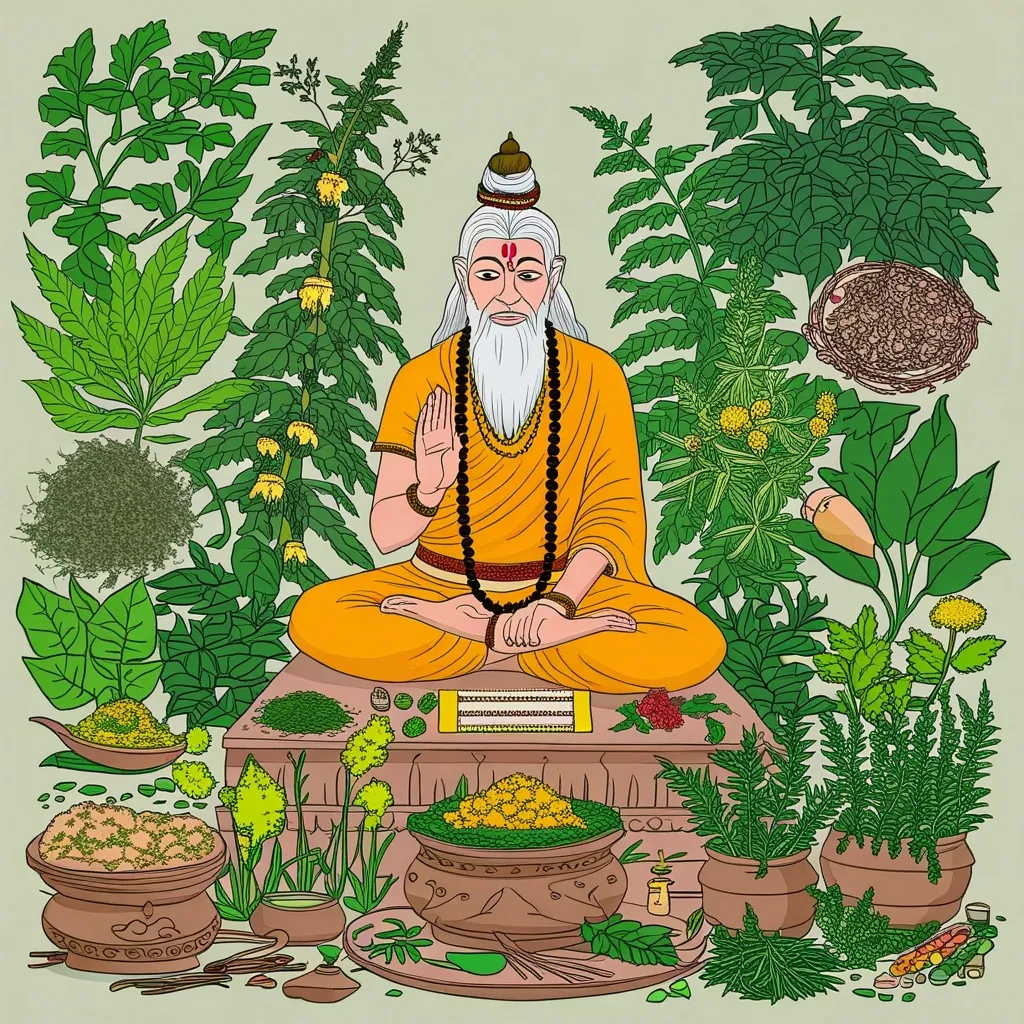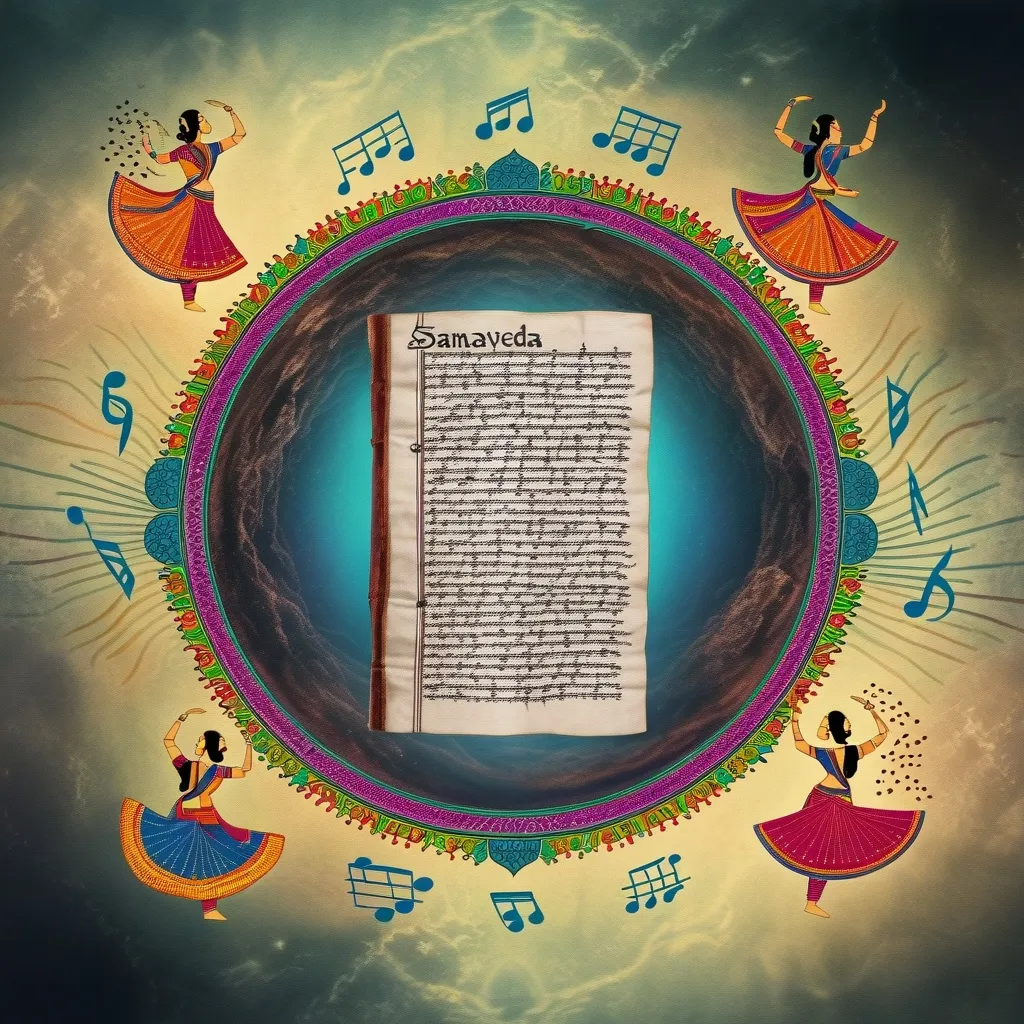The Mundaka Upanishad, a super old Sanskrit Vedic text, dives into some of the earliest philosophical questions about suffering, the self, rebirth, and humanity’s role in the universe. Written somewhere between 300 and 100 BCE, it’s tucked away inside the Atharva Veda and is seen as one of the primary Upanishads. This classic is split into three parts, known as Mundakams, which dig into the nature of higher and lower knowledge.
So, the first Mundakam kicks things off by introducing the concept of knowledge. A dude named Saunaka goes up to the teacher Angiras and asks him, “What’s that one thing, if you know it, you basically understand everything else?” Angiras breaks it down into two kinds: lower knowledge and higher knowledge. Lower knowledge is all about the four Vedas, phonetics, grammar, etymology, meter, astrology, and knowing about sacrifices and rituals. Higher knowledge, though, is a whole different ballgame—it’s about getting what the eternal Brahman, the all-encompassing essence of existence, is.
The text loves throwing in some epic analogies to get its points across. Picture this: a spider spinning its web. That’s how it explains the relationship between what you see and don’t see in existence. Everything in the universe? Yeah, it’s all connected and comes from that one, never-ending source.
Meditation and spiritual knowledge get a lot of love in this text. It teaches that meditating on the divine form of the guru can help someone get a deeper understanding of Brahman. And this understanding? It’s not just something you know in your head—it’s a total life-changer. Realizing Brahman makes your own self become brahmarup (identical to Brahman) and brings you to a state of pure bliss and liberation.
The Mundaka Upanishad hasn’t just stayed put in the Eastern world. It’s influenced a ton of thinkers in both the East and West. Big names like Shankara and Anandagiri have translated and commented on it. Its ideas even found their way into Western poetry and writing, showing off its global impact. The text’s focus on truth, beauty, and goodness still clicks with modern-day seekers of knowledge and spiritual growth.
Bottom line, the Mundaka Upanishad is like a GPS for finding the ultimate truth. It pushes seekers to look past the fleeting nature of the world and to hunt for that eternal, unchanging essence behind it all. Even today, this ancient gem offers insights into the reality of existence and the path to freedom.
